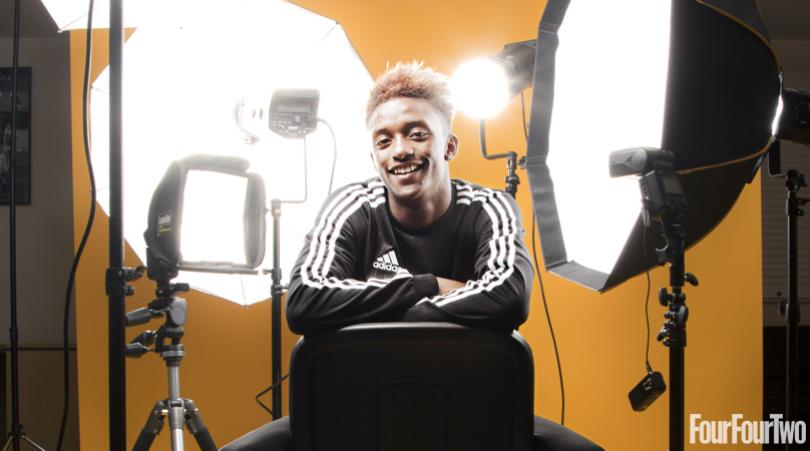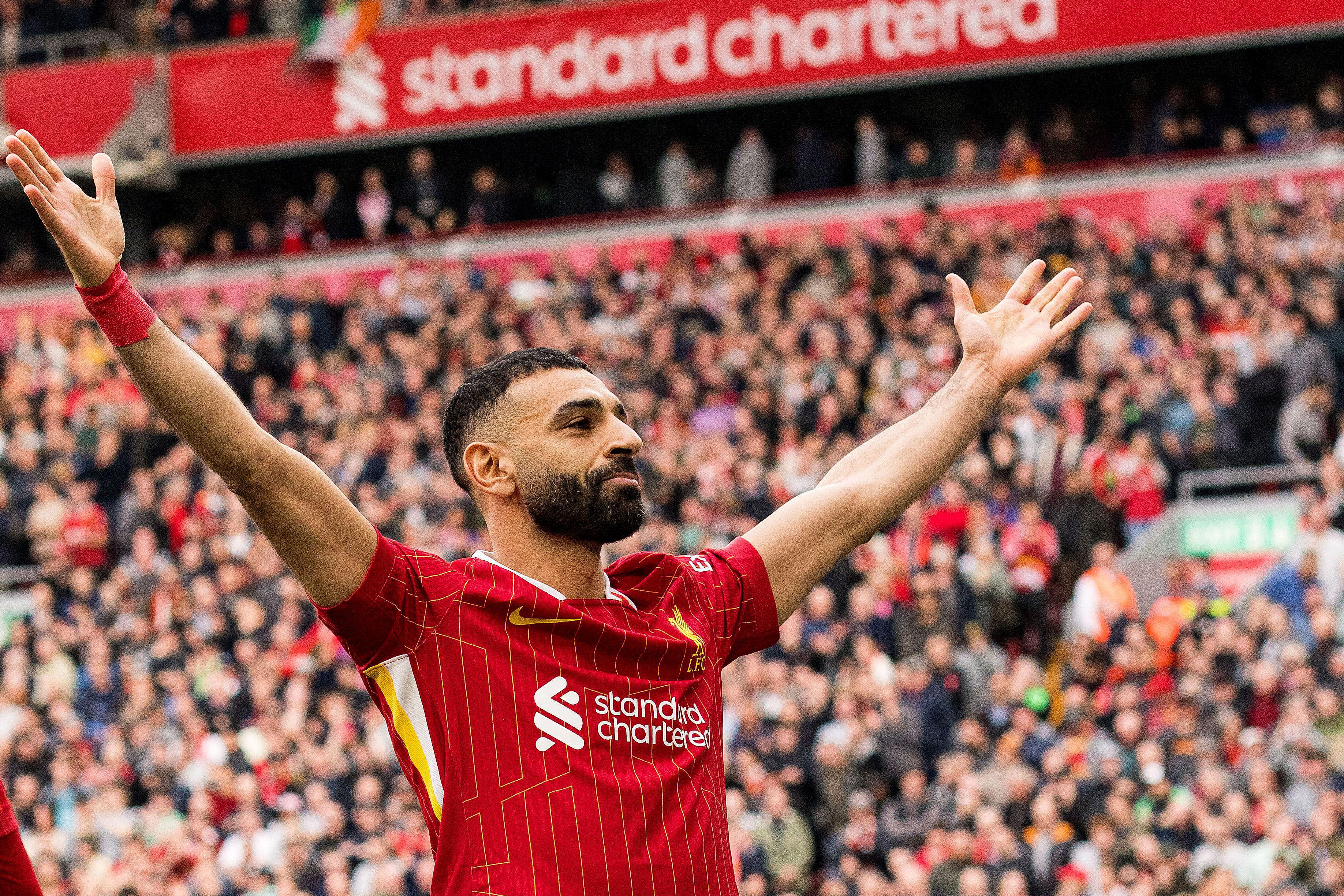Your Premier League club's most important player of 2016/17
Last season Jamie Vardy, N'Golo Kante and Riyad Mahrez inspired Leicester City to the Premier League title, but who could have a similar effect on your team's fortunes this campaign? Seb Stafford-Bloor explains who could make the difference…
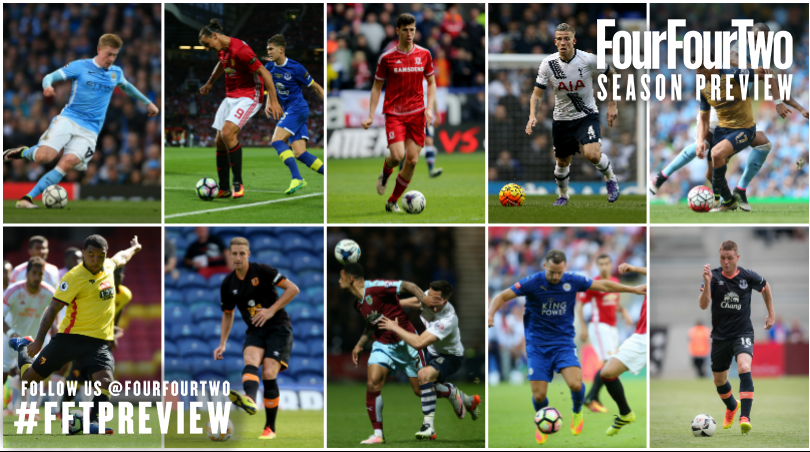
Arsenal - Alexis Sanchez
The more things change, the more they really stay the same. Arsene Wenger's own version of Groundhog Day has run through its umpteenth loop and, again, he will begin the new season without having made a significant addition to his forward line.
Still, Mesut Ozil will be a reliable source of creativity and Olivier Giroud will plod on as the slightly under-appreciated pivot, but the onus will be on Alexis Sanchez to add some dynamism. With the possible exception of Kevin De Bruyne, there isn't a more versatile attacking-midfielder in the division and Arsenal will need every facet of that diversity if they're to compensate for their now traditional shortcoming.
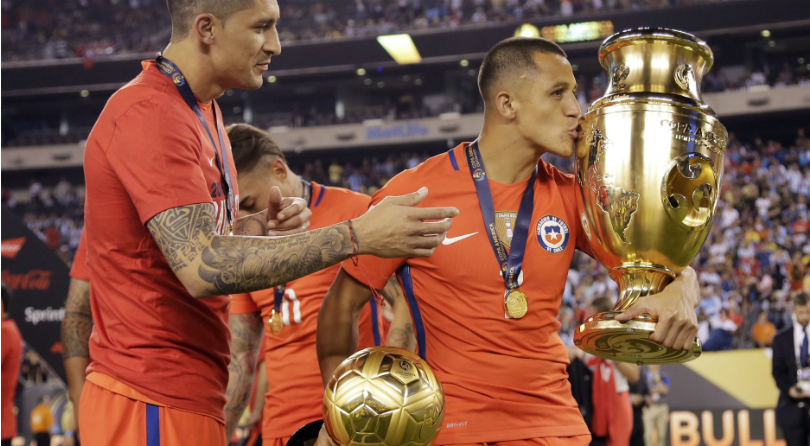
Bournemouth - Andrew Surman
Plenty of candidates: Bournemouth are, after all, a product of collective effort rather than individual ability. Simon Francis and Steve Cook will be essential, the returning Callum Wilson will need to score goals, and new arrival Jordon Ibe has a wealth of talent to grow into. Perhaps nobody embodies the principles of Eddie Howe's team more completely than Andrew Surman, though. A tireless worker with strong ball-recovery abilities and a reliable passing-range, Surman was one of 2015/16's no-name heroes. He was hardly mentioned and rarely seemed to feature in any post-game analysis, but he was the understated centrepiece of last year's survival and, alongside Harry Arter, should be central again this time around.
Burnley - Andre Gray
The obdurate Sam Vokes, his regular strike partner, will be more facilitator than prolific goalscorer in the Premier League, so the burden on Gray will likely be even heavier.
Sean Dyche has a small squad, so it's slightly disingenuous to pretend that their season will depend on any one individual. However, given that Gray was one of only two players to reach double figures in the Championship, he will have to at least come close to matching his twenty-three league goals if Burnley are to survive. The obdurate Sam Vokes, his regular strike partner, will be more facilitator than prolific goalscorer in the Premier League, so the burden on Gray will likely be even heavier.
Get FourFourTwo Newsletter
The best features, fun and footballing quizzes, straight to your inbox every week.
Chelsea - Cesc Fabregas
Fabregas' under-performance last season has been overstated; his Arsenal past and the unsubstantiated rumours about his attitude made him a tempting scapegoat. During Jose Mourinho's final months, he may have performed at a meagre level, but he recovered as well as anyone during Guus Hiddink's interim spell. The Spaniard isn't the most dynamic performer at Stamford Bridge, but the rhythm of his passing and the intent behind his distribution is essential to his side's effectiveness in attacking zones. Eden Hazard, Diego Costa and Oscar all had disappointing seasons, but their fallow form was at least partly attributable to the dearth of proper supply.
Last year's failure demands a response from almost every player now managed by Antonio Conte but, even at this relatively late stage of his career, Fabregas' midfield craft will be a vital part of the recovery.
Crystal Palace - Steve Mandanda
He could help to restore some much needed calm to Palace's penalty box. In a year's time, his free-transfer will likely look to be one of the signings of the summer
Palace had all sorts of goalkeeping issues last season and Alan Pardew moved quickly and smartly to find a remedy: Steve Mandanda is a superb signing. Over the last decade at Marseille he has put together a glittering showreel of saves but, more importantly, he has also grown into a rounded 'keeper and one who, impressive reflexives aside, does the basics of his position extremely well.
Goalkeepers set the mood for everything that happens ahead of them and, if he starts as anticipated, he could help to restore some much needed calm to Palace's penalty box. In a year's time, his free-transfer will likely look to be one of the signings of the summer.
Everton - James McCarthy
Ronald Koeman is the anti-Roberto Martinez. Everton became a frilly, ambitious side under the Spaniard, but they were built on sand. Conversely, Koeman prioritises the value of structure and discipline and his teams typically have a strong defensive emphasis. That approach obviously has implications for a back-five, but it's in defensive-midfield where his approach is most evident. Gareth Barry's form will be important, but James McCarthy is likely to become a key performer very quickly. McCarthy slumped badly in 2015/16 - along with almost every other non-attacking player at Goodison Park - but Koeman is absolutely the right coach for him at this point in his career.
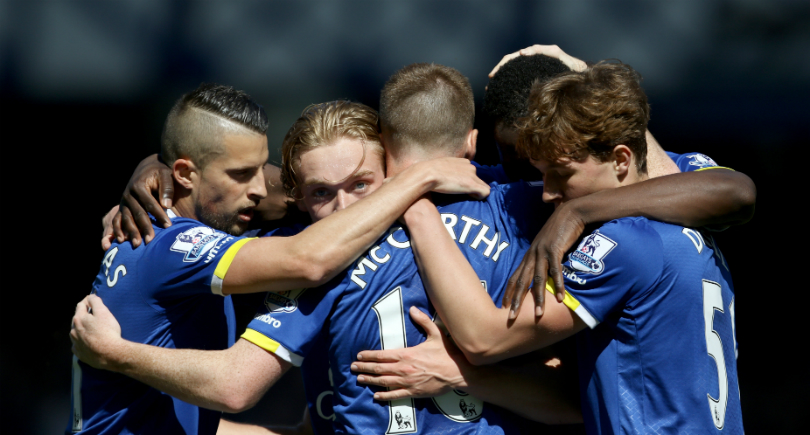
Hull - Michael Dawson
Michael Dawson is not the club's most talented player, nor even their most important, but there's an honesty and professionalism to him which, during these fractious times, will accentuate his value
Hull City are not in a good place. Steve Bruce has departed, his successor is yet to be announced, and relationships between the fans and ownership have reached a nadir. Much will need to change - and quickly - if they are to survive.
Michael Dawson is not the club's most talented player, nor even their most important, but there's an honesty and professionalism to him which, during these fractious times, will accentuate his value. What little pace he did have has now receded, but he would never knowingly short-change a supporter and, given Hull's current trajectory, that could become a precious commodity this season.
Leicester - Danny Drinkwater
With N'Golo Kante now a Chelsea player, Drinkwater has become Claudio Ranieri's most important midfield piece. Nampalys Mendy has arrived and should be a worthy replacement, but Drinkwater's shielding and long-range distribution - two strategic imperatives for Leicester - will initially define the strength of their title-defence. Riyad Mahrez and Jamie Vardy will be vital, but they will both continue to be beneficiaries of this side's twin abilities to be resilient and to transition quickly into attacking situations. Drinkwater is a key factor in both.
Liverpool - Daniel Sturridge
Perhaps not an original selection, but still the right one: Liverpool are an entirely different beast when Sturridge is fit and in form. His dancing feet and broad finishing range will always make him extremely difficult to contain, but it's his pace and movement which will be so important to Jurgen Klopp this season. His teams are fast-breaking sides and Sturridge's ability to exploit numerical mismatches and drag defenders into uncomfortable positions makes him their essential component.
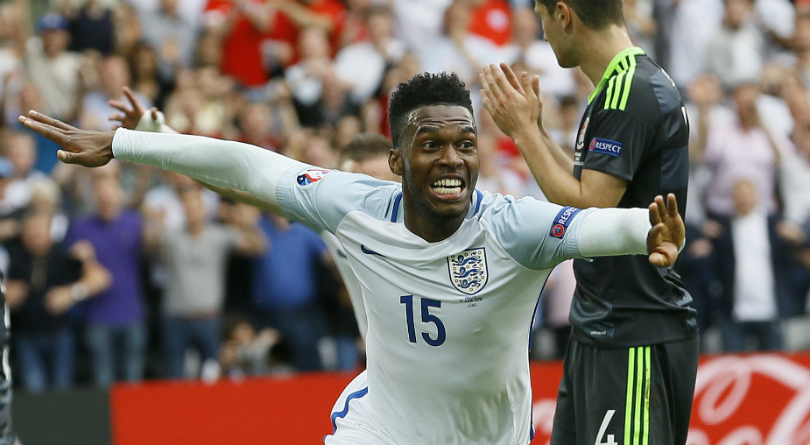
Manchester City - Kevin De Bruyne
Kevin De Bruyne may already be exceptional, but Guardiola's football should amplify his contribution dramatically
Though Pep Guardiola will presumably tailor his approach to his new environment, most of his tactical traits will survive the transition: Manchester City will be built on possession, constant movement, and intricate penalty-box football.
Kevin De Bruyne may already be exceptional, but Guardiola's football should amplify his contribution dramatically. He poses a creative and goal-scoring threat in more areas than any other City player and, consequently, he should be the one to benefit when the ideological penny starts to drop. Others will have more structural responsibility and Guardiola will lean heavily on his full-backs and central-midfielders for width and control respectively, but De Bruyne will become his defining factor.
Manchester United - Zlatan Ibrahimovic
From a purely technical standpoint, Henrikh Mkhitaryan will probably prove to be Manchester United's most productive player, but Ibrahimovic will have a greater significance. During their recent decline, some of United's empowering mystique has ebbed away and Old Trafford has subsequently become a welcoming stage rather than a venue to be feared.
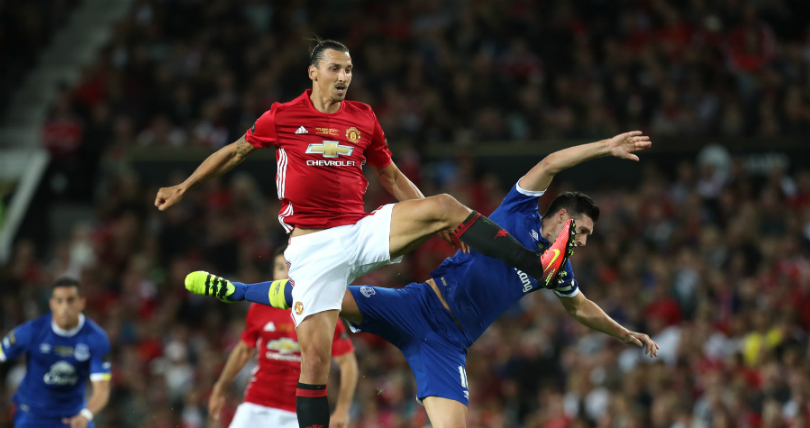
The iconic Swede may not provide a complete restoration, but his talismanic qualities - and his not insignificant ability - will reintroduce some trepidation to teams who line up in the tunnel alongside Jose Mourinho's players. He's an ageing star who is now beyond his best, but he will still provide some unquantifiable voodoo during this critical recovery stage.
He's an oddity, albeit in a good way: equipped with enough finesse to be an asset within Middlesbrough's build-up play, he comes complete with jagged edges and a suitability to penalty-box rough-and-tumble
Middlesbrough - Daniel Ayala
Ayala is not a typical Championship defender, but he was still the most impressive part of the stingiest backline in last season's competition. He's an oddity, albeit in a good way: equipped with enough finesse to be an asset within Middlesbrough's build-up play, he comes complete with jagged edges and a suitability to penalty-box rough-and-tumble. Forget the player he was at Liverpool and the unconvincing figure he briefly cut at Norwich City, this is now an accomplished, rounded defender and his side's best player.
Southampton - Virgil van Dijk
There aren't many central defenders who have successfully moved to England from Scottish football, fewer still who have made it look as easy as van Dijk.
He may have initially suffered through the obligatory transition, but by New Year - specifically between January and March - no Premier League centre-back was performing at a higher level. Van Dijk is the perfect modern defender - stylish but stubborn - and his partnership with Jose Fonte means that Claude Puel is inheriting an enviably complete defensive unit. Pierre-Emile Hojbjerg will become important, Steven Davis and Jordy Clasie already are, but van Dijk is one of the division's best-kept secrets and is already essential.
Stoke - Giannelli Imbula
Everyone should take the opportunity to watch Imbula in person; while he possesses all the technical traits of a modern midfielder, those qualities garnish a formidable box-to-box contribution. His success will ultimately depend on how well he's accommodated by surrounding players, but he should theoretically be at the centre of everything Stoke do well and Mark Hughes' side will depend on his influence in just about every area of the pitch. His run to form last season was lost under his side's mini-collapse, but 2016/17 will show him for the star that he already is.
Sunderland - Jan Kirchhoff
A coin-flip between Kirchhoff and Lamine Kone, to whom collectively Sunderland owe their Premier League status. Of the two, however, Kirchhoff probably has the broader influence. Signed initially as a centre-half and then promptly dismissed by the social media masses, he grew into a deep midfield role under Sam Allardyce and his methodical screening and ball-winning provided some welcome protection to a fragile defence.
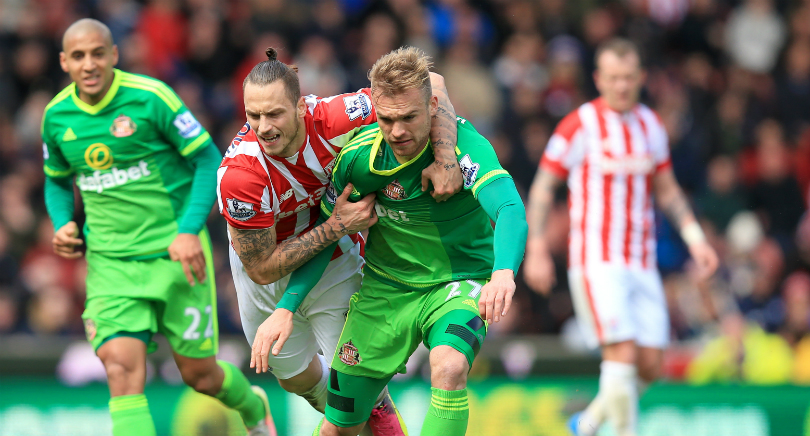
Given David Moyes' tactical preferences, and the squad he will inherit, expect the emphasis on Kirchhoff's role to be much the same this year. Jermain Defoe's goals were afforded the importance they warranted at the end of last season, but without the blend of intelligence and rigidity that Kirchhoff - and Kone - brought, Sunderland would now be in the Championship.
Swansea - Gylfi Sigurdsson
Swansea have recently completed a loan move for Fernando Llorente and the Spaniard's success will depend on how reliably he can combine with Gylfi Sigurdsson. Just as he was with Wilfried Bony, the Icelandic midfielder is the kingmaker for strikers at the Liberty Stadium.
He lacks the pace to be a truly elite player and his loose first touch can sometimes allow prowling defenders to steal possession, but he has a cute understanding for the game and, obviously, his set-piece delivery is exemplary. Francisco Guidolin seems, in spite of his permanent contract, to be leading the club through a mini period of transition, but Sigurdsson's influence should transcend any fluctuations. Only Andre Ayew matched his eleven goals last season, with no other current squad member contributing more than two, and Sigurdsson will likely have to shoulder a similarly weighty burden once again.
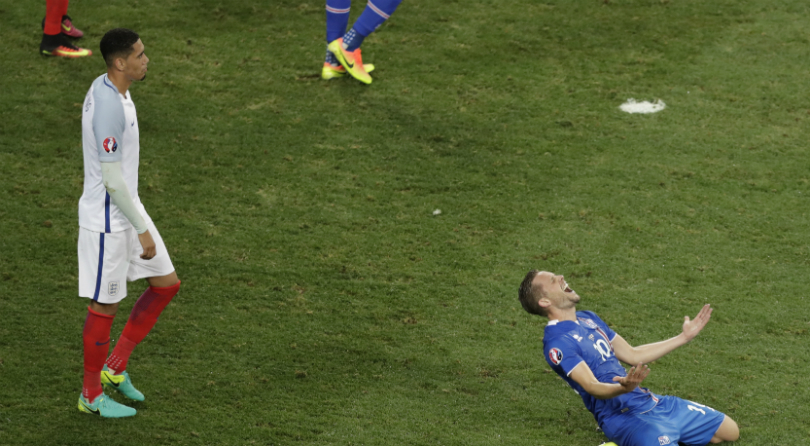
Tottenham - Toby Alderweireld
Alderweireld is the face of modern Spurs: a superb central defender whose signing a year ago was part of the drive towards greater emotional resilience. In the Premier League's short history, Tottenham have been soft, frail and easy to beat, and the Belgian is definitively none of those things. Despite their galling final day anomaly at Newcastle, nobody in the division conceded fewer goals than Mauricio Pochettino's team last season and Alderweireld was the cornerstone of that statistic.
If the club maintain their momentum into 2016/17, his emboldening intangible characteristics will be directly responsible. While excellent without the ball, he's also an asset with it. His raking long-range passes offer a useful variation on Spurs' usual build-up approach and, less subtly, he is already a key weapon at attacking set-pieces. Harry Kane, Mousa Dembele, and Eric Dier will all be mightily significant to Pochettino, but Alderweireld's influence is unparalleled.
Watford - Troy Deeney
Under the control of the Pozzo family, Vicarage Road has become a place of constant flux. This summer has been no different: five new players have arrived, more have departed, and Walter Mazzarri has replaced Quique Sanchez Flores. Continuity counts for something, then, and captain Troy Deeney is his club's anchor. 13 Premier League goals last season and his combination with Odion Ighalo were integral to Watford's survival, but Deeney's dressing-room influence and his relationship with the supporters are of equal worth. The club - and the network they belong to - are a symbol of sporting modernity, but he is more of an anachronistic figure whose old fashioned values bring some permanence to a transient structure.
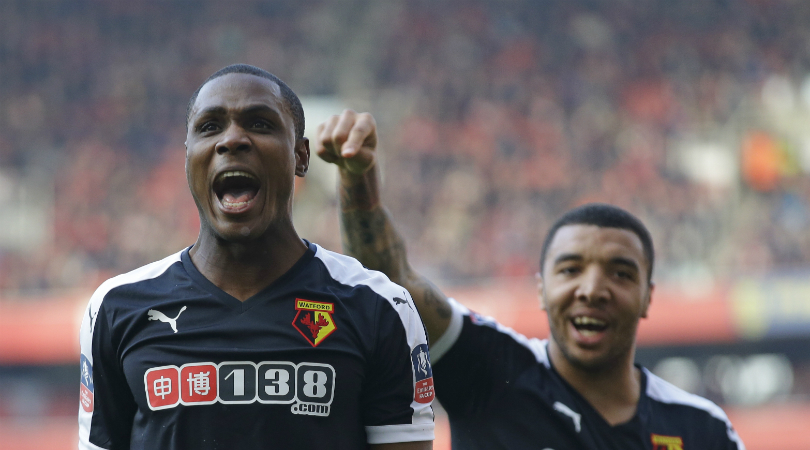
West Brom - Claudio Yacob
Unless Tony Pulis has experienced an epiphany over the summer, West Brom's approach to survival will remain as it was: packing a defence with an army of centre-backs and then protecting that backline with a set of nuggety midfielders.
Of that latter group, Yacob is the standout. He's the sort of gritty, dark-arts specialist who opposition supporters will always loathe, but is still a highly accomplished ball-winner who adds several layers of teflon rigidity to his team's middle.
Without meaning to reduce him to a mere spear-carrier, it is the evenness of his midfield contribution which has allowed his side to become more expressive and others ahead of him to make their names
West Ham - Mark Noble
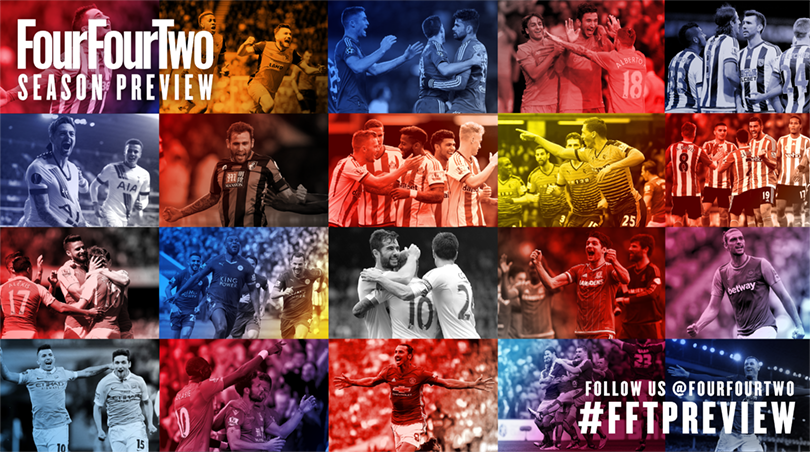
Dimitri Payet is Slaven Bilic's best player, but Noble is his most consistent. Last season's West Ham rapidly evolved away from Sam Allardyce's trudging pragmatism and became known for their intricacy, flair, and counter-attacking nous. Noble, however, was their baseline; he was - and will remain - a provider of admirable stability. Without meaning to reduce him to a mere spear-carrier, it is the evenness of his midfield contribution which has allowed his side to become more expressive and others ahead of him to make their names.
Barring something untoward, he'll appear in thirty-six, thirty-seven or thirty-eight games this season and will inevitably give a seven or eight out of ten performance in all of them. Noble rarely draws the romantic prose, but West Ham dare not be without him.
Seb Stafford-Bloor is a football writer at Tifo Football and member of the Football Writers' Association. He was formerly a regularly columnist for the FourFourTwo website, covering all aspects of the game, including tactical analysis, reaction pieces, longer-term trends and critiquing the increasingly shady business of football's financial side and authorities' decision-making.
